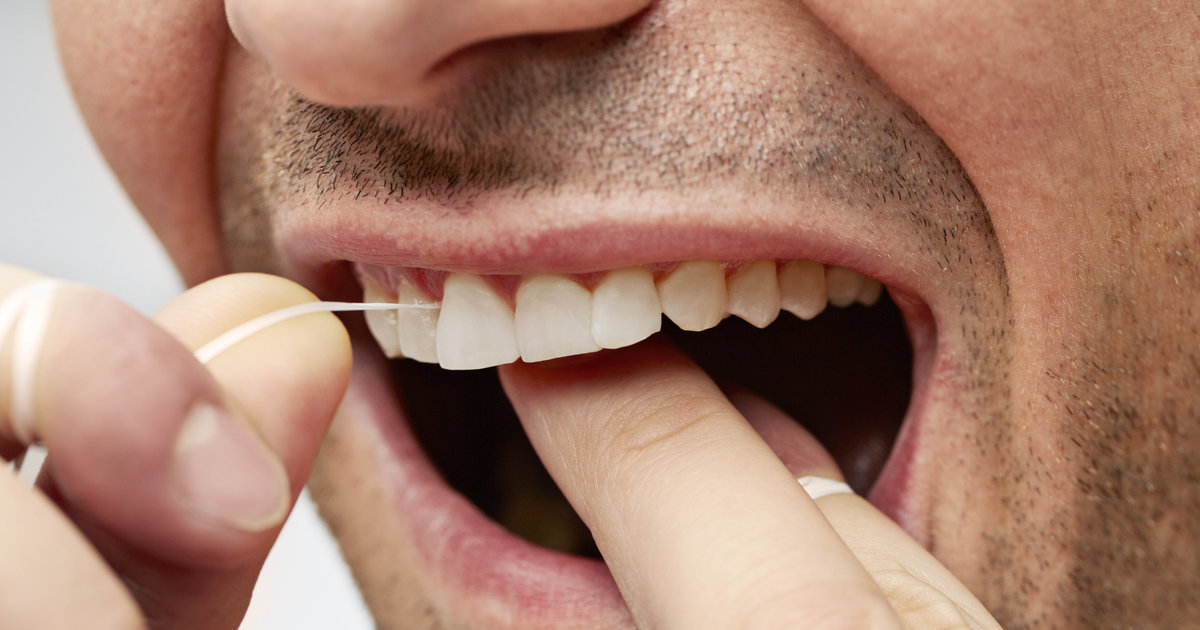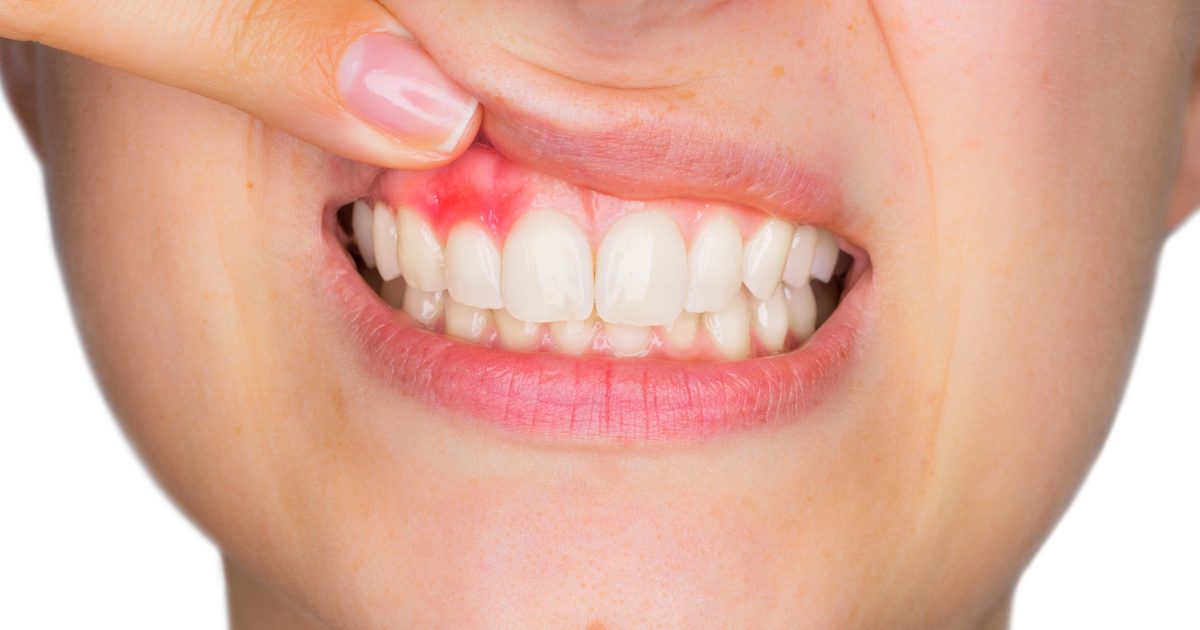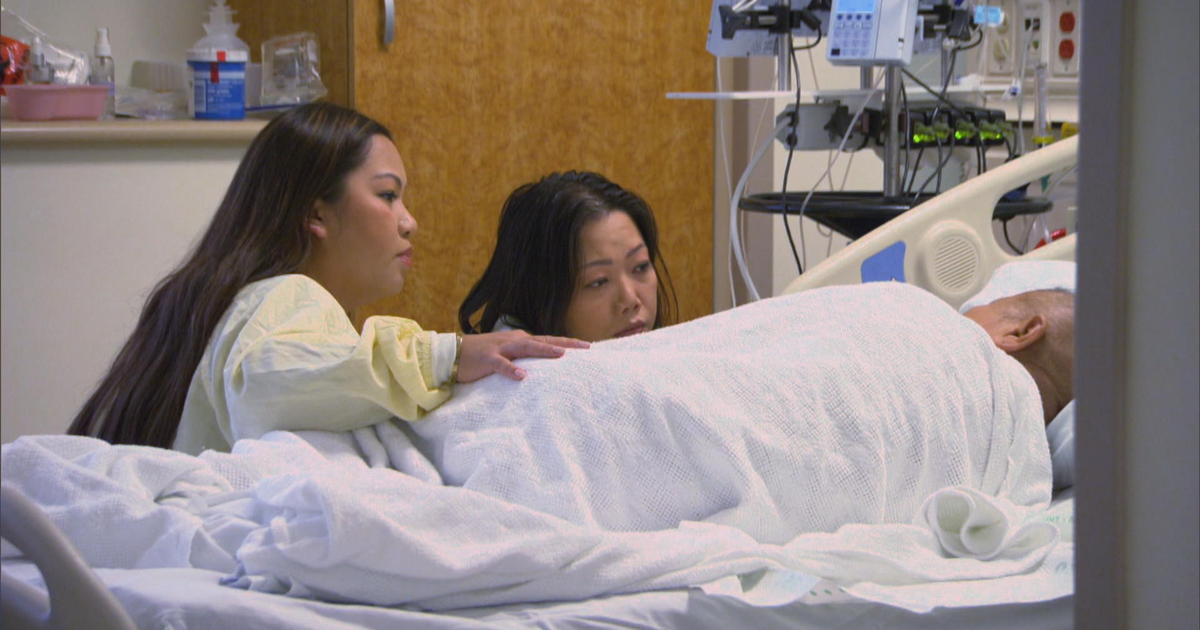Common Causes Of Sore Gums
Sore gums are a sign of gum damage, and they can develop due to a number of medical illnesses and dental issues. Sore gums often also include bleeding gums, puffiness or swelling around the gum line, and redness around the gumline. Sore gums can affect individuals of any age, though children and the elderly are at a higher risk of this symptom. Sore gums can be evaluated by a dentist or a doctor. Gums that have severe damage may tear. The clinician will look in the mouth to assess the gums and may press on the gums to see if there is any bleeding. In some cases, blood tests may be needed to rule out medical causes of sore gums.
Improper Flossing Technique

Individuals may develop sore gums if they do not floss well or often enough. Patients who are just beginning a flossing routine may notice their gums are painful or even bleeding once they finish. This is because flossing dislodges plaque built up along and underneath the gum line, exposing tissue that was previously covered. While flossing is essential in preventing long-term gum disease, improper flossing technique may damage gums. Flossing correctly involves making sure not to use too much downward force when placing the floss between the gums. Many patients find flossing difficult, and it is often easier to use a water pick or floss pre-mounted on a stick. These devices help remove plaque and debris gently. A dentist or dental hygienist can recommend appropriate flossing techniques and flossing aids for individual patients. Patients concerned about symptoms of gum damage may wish to visit a dentist or periodontist for evaluation.
Learn more about what can cause sore gums now.
Brushing Teeth Too Hard

Brushing teeth too hard can lead to sore gums. While trying to remove plaque, many patients think brushing harder is better. Instead of brushing with excessive force, patients should focus on brushing with a gentle, circular motion on every tooth. The use of an electric toothbrush can enable patients to brush with proper technique; the electric toothbrush does the necessary work without the patient having to do more than just slide it across the teeth. A dentist can help patients learn proper brushing technique and point out areas of the mouth that need attention. If a patient feels they may be brushing teeth too hard, they can switch to a soft bristled brush and may want to consider using a small or medium size brush head. A wide range of electric toothbrushes are available at every budget level, and these can be especially helpful for children and individuals with arthritis or other hand conditions that may limit their ability to brush properly.
Continue reading to reveal more potential causes of sore gums now.
Vitamin K Deficiency

Vitamin K helps the blood in the body form clots, and a vitamin K deficiency may lead to bleeding gums, nosebleeds, easy bruising, blood in the urine or stool, and heavy menstrual periods. Patients with this deficiency may also have internal bleeding in the gastrointestinal tract. To diagnose a vitamin deficiency, doctors will do special blood tests that check clotting time. Patients who are identified as having a deficiency in vitamin K will be given either oral vitamin K tablets or injections to bring levels back within the normal range. If the vitamin deficiency is caused by a chronic condition, patients may need to take vitamin K supplements for their entire lives. Patients should use an electric toothbrush and brush very gently to ease the sore and bleeding gums that may occur. Flossing should be done with a water pick, and patients may wish to receive more frequent professional dental cleanings. Patients should inform their dentist they have a vitamin K deficiency before undergoing any cleanings or examinations. Doctors may prescribe additional medications to help patients manage the bleeding caused by this condition.
Discover more sore gums causes now.
Gum Disease

Gum disease, also known as periodontitis, is an infection of the gums, typically due to plaque. If left untreated, it can lead to tooth loss and jaw damage. Patients should see their dentist for routine checkups and cleanings to prevent this. Dentists will check the health of the patient's gums at every visit, and they will also check whether there are any pockets between the gums and the teeth that may form and accumulate plaque. Early signs of periodontitis include swelling, redness, and pain in the gums. Dentists may recommend more frequent professional cleanings for patients exhibiting these signs, and the use of special toothbrushes, as well as prescription toothpaste and mouthwash, can help patients reverse early damage and prevent the progression of periodontitis. Patients may need to be seen by a periodontist (gum specialist), and severe cases of the condition may need to be corrected with oral surgery.
Get the details on the next cause of sore gums now.
Leukemia Or Other Blood Disorders

Bleeding or sore gums may be a symptom of leukemia or other blood disorders. Leukemia is a type of blood cancer, and its symptoms include nosebleeds, bleeding gums, blood in the urine, and swollen lymph nodes. Patients may also experience a sore throat, frequent colds or infections, pain under the left lower ribs, weight loss, anemia, and a fever that can last between one to two weeks. Doctors will take a health history and perform a physical examination that includes feeling the lymph nodes to test for leukemia and other blood conditions. Patients will have their weight and temperature taken, and blood tests will be performed to check for anemia and to assess the white blood cells. Individuals diagnosed with blood disorders or leukemia are treated by specialists known as hematologist-oncologists. Treatment includes a combination of chemotherapy, immunotherapy, radiation, and a stem cell (bone marrow) transplant. Patients with blood disorders and leukemia will be given advice by their specialist about how to manage or reduce the easy bruising and bleeding that can occur with these conditions.
